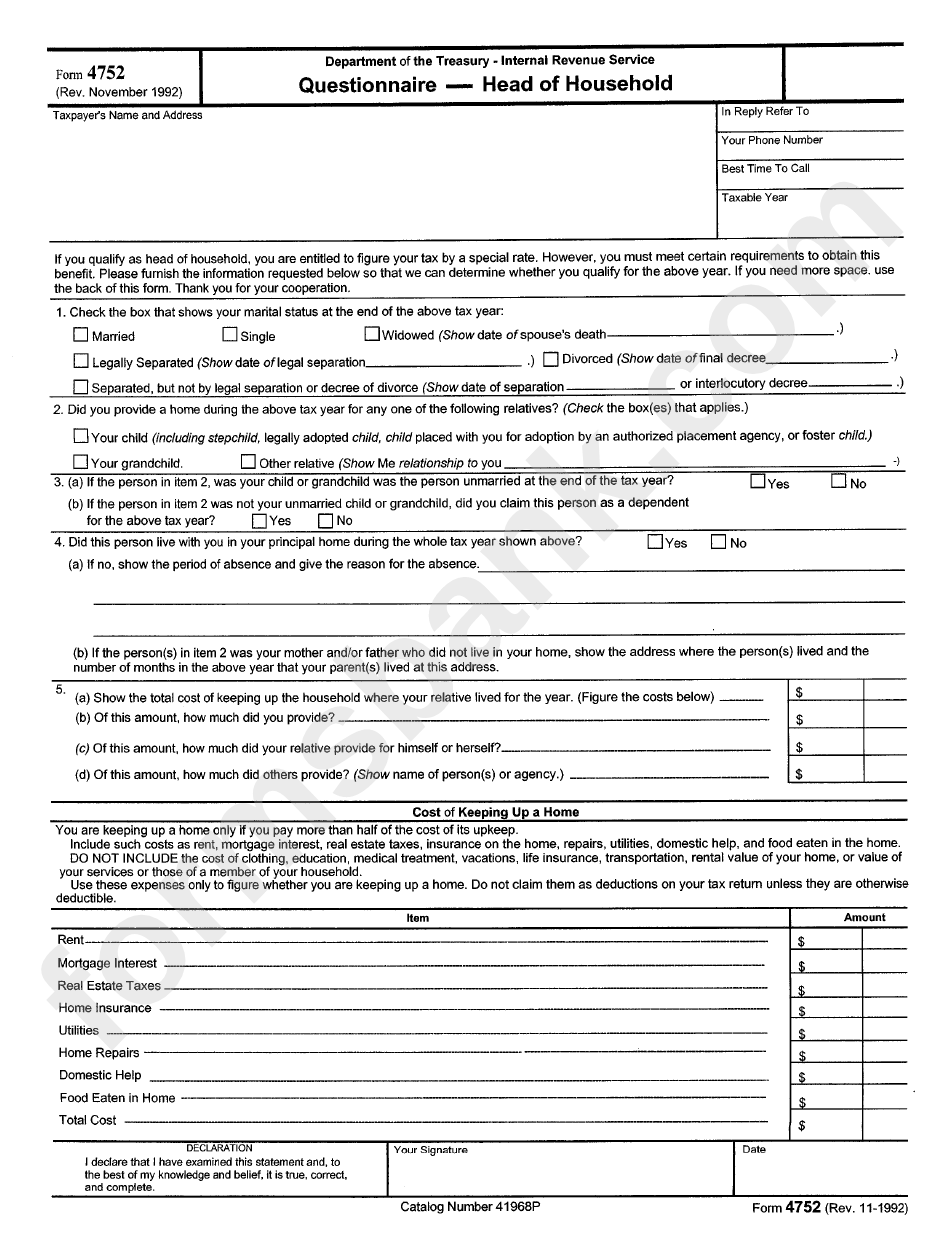
Key Takeaways
- The “head of household” status is a tax filing status in the United States that offers specific benefits, primarily for unmarried individuals supporting dependents.
- To qualify, you must be unmarried, pay more than half the household expenses, and have a qualifying dependent living with you for more than half the year.
- This status can lead to a lower tax rate and a higher standard deduction compared to single filers.
- Understanding the criteria and benefits of the head of household status can significantly impact your tax liabilities.
Introduction
In the realm of taxation, the term “head of household” carries significant weight, especially for those navigating the complexities of tax filing in the United States. This designation is not merely a title but a tax filing status that can offer substantial financial benefits. For individuals who qualify, understanding the nuances of this status can lead to reduced tax liabilities and increased savings. In this article, we delve into the intricacies of what it means to be the head of household, the eligibility requirements, and the potential advantages it offers.

What is the Head of Household?
The head of household is a specific tax filing status available to unmarried taxpayers who support a qualifying dependent. This status is designed to provide tax relief to individuals who shoulder the responsibility of maintaining a home for themselves and their dependents. By recognizing the financial burdens of maintaining a household, the tax code offers certain benefits to those who qualify as the head of household.
Eligibility Criteria for Head of Household Status
To file as the head of household, there are three primary criteria that must be met:
- Unmarried Status: You must be unmarried or considered unmarried on the last day of the tax year. This includes those who are legally separated under a divorce or separate maintenance decree.
- Financial Responsibility: You must pay more than half of the household expenses, including rent, utilities, and food, for the year.
- Qualifying Dependent: A qualifying person, typically a child or relative, must live with you for more than half of the year. This dependent must meet specific IRS criteria to be considered qualifying.
Benefits of Filing as Head of Household
Filing as the head of household comes with several tax advantages that can lead to significant savings:
- Higher Standard Deduction: The standard deduction for head of household filers is higher than that for single filers, reducing taxable income.
- Lower Tax Rates: The tax brackets for head of household filers are more favorable, often resulting in a lower overall tax rate compared to single filers.
- Potential for Additional Credits: Qualifying as head of household may make you eligible for additional tax credits, such as the Earned Income Tax Credit or the Child and Dependent Care Credit, which can further reduce your tax liability.
Common Misconceptions and FAQs
Despite its benefits, the head of household status is often misunderstood. Here are some common misconceptions and frequently asked questions:

Can Married Individuals File as Head of Household?

Generally, married individuals cannot file as head of household. However, if you are legally separated or your spouse did not live with you during the last six months of the year, you may qualify as unmarried for tax purposes, allowing you to file as head of household.
Does a Qualifying Dependent Have to Be a Child?
While children are the most common qualifying dependents, other relatives can also qualify. This includes parents, siblings, or any other relatives who meet the IRS’s criteria for a qualifying person.

What if I Share Custody of My Child?
In cases of shared custody, only one parent can claim the child as a qualifying dependent for head of household status. Typically, this is the parent who has custody for the greater part of the year.
Maximizing the Benefits of Head of Household Status
To fully leverage the benefits of filing as head of household, it’s crucial to maintain accurate records and understand the specific requirements. Here are some tips to maximize your tax benefits:
- Keep Detailed Records: Maintain clear documentation of household expenses and custody arrangements to support your filing status.
- Consult a Tax Professional: Tax laws can be complex and subject to change. Consulting with a tax professional can help ensure you are maximizing your benefits and complying with current regulations.
- Review Eligibility Annually: Your circumstances may change from year to year, impacting your eligibility. Regularly review your situation to ensure you continue to qualify for head of household status.
Filing as the head of household can offer significant financial advantages, but it requires a clear understanding of the eligibility criteria and benefits. By meeting the requirements and accurately filing your taxes, you can enjoy a lower tax rate and a higher standard deduction, ultimately reducing your tax burden. As tax laws evolve, staying informed and consulting with professionals can help you make the most of this advantageous filing status. Whether you’re a single parent or supporting a dependent relative, understanding the head of household status can be a key component of effective tax planning.